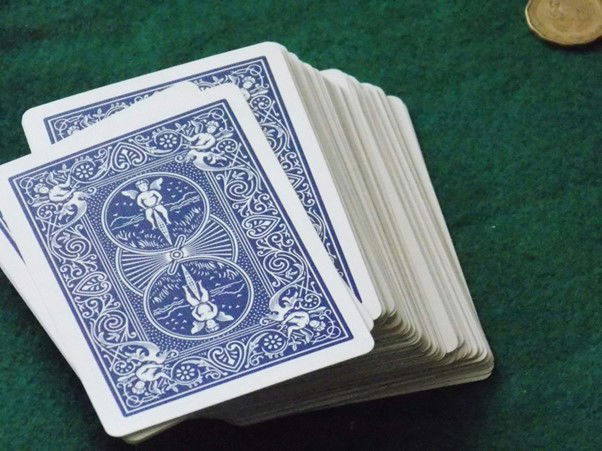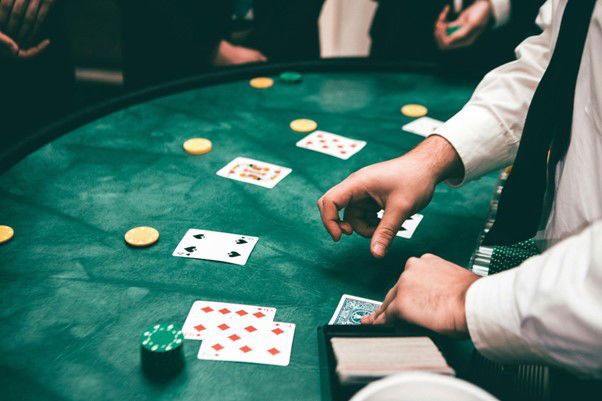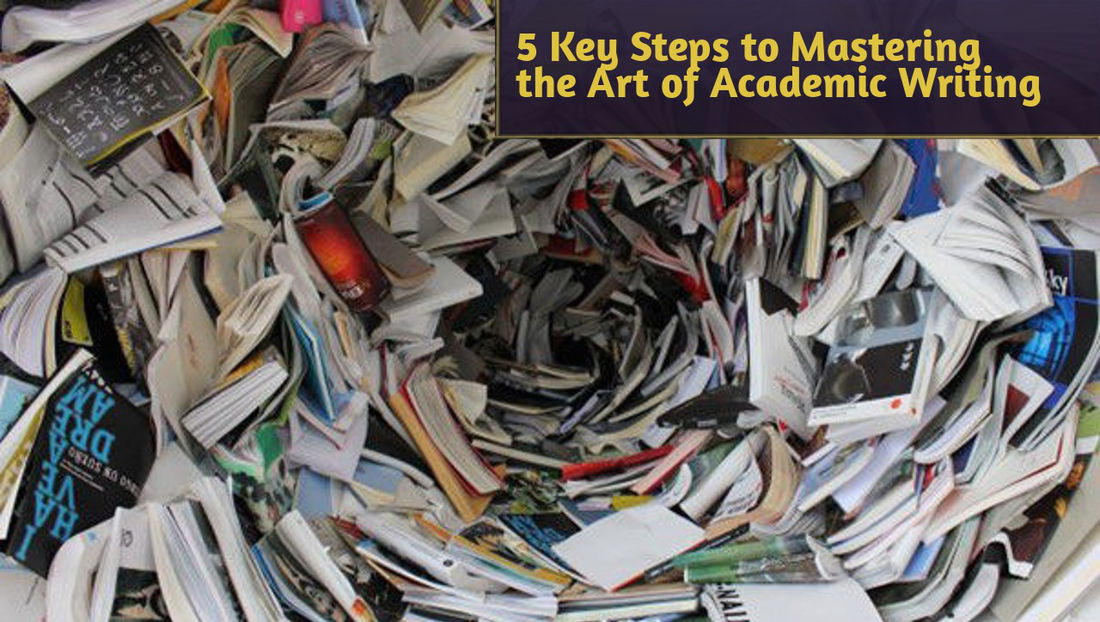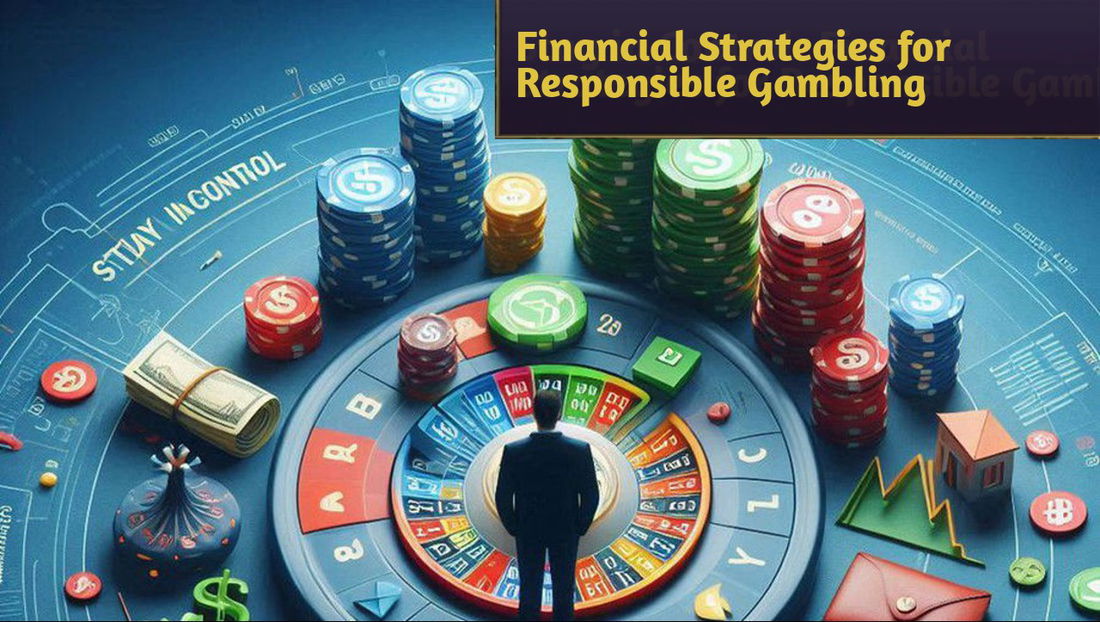This is especially true when it comes to playing poker games.
Not sure whether or not to believe us? Well we’re going to be taking you through a guide of how to master patience when playing poker, and how it will inevitably improve your game.
How to be patient in poker
● Take a breath
The easiest way to practise patience is by simply stopping for a moment to take a breath. When we play poker, it’s easy to react instantly without considering other options or even thinking at all. This is fine once you’re skilled enough to trust your gut instinct, but is less of a good idea if you’re still not super confident.
In taking just a second or two to take a breath, your brain is given enough time to think properly about your decision. You don’t always have long to think in a poker game, but taking an extra second or two can really help your game.
● Consider previous games
Thinking about what has worked or hasn’t worked in our previous games is a great way to gauge which way a current game might go. This is especially true if you’re playing with the same group of people, but is equally valid if these people are all new to you.
Ad
You’ll soon get into a pattern of decision making and being able to trust what decision is the right one to make. Learning from previous experience and mistakes is the best way to learn - and that goes for everything!
● Pay attention to your emotions
It’s easy to be reactive when you’re playing poker, but listening to your emotions is imperative. You don’t want to just take big risks because you’re feeling particularly reactive that day. Doing this and then making a silly mistake is only going to make your mood worse.
The best way to not make decisions based on your current emotions? It all comes back to just taking a breath. It might not seem like much, but taking that extra second can make all the difference when playing poker.

What perks can being patient bring to your poker game?
● Keeps you calm
We make our best decisions when we’re cool, calm and collected which is what makes acquiring patience so important. No one likes a risky decision, in any situation, but this can be especially detrimental when playing poker.
Ad
Keeping a level head means that you’re not letting any reflex emotions get the better of you and stop them from throwing you off your game. You need to be able to enjoy the game as well, and this is only going to be the case if you’re making measured decisions.
● Avoid taking big risks
When you play poker, there’s always some element of risk involved. But there comes a point where a risk is just a silly decision. When you’re staying calm and practising patience, being able to decide which risks are worth taking and which ones aren’t is going to come a lot more easily.
Keeping a level head will help you see the game objectively and therefore be able to make much more measured decisions. This is super important when playing poker as you will avoid making big mistakes.
● Better at keeping a poker face
One of the main skills you need to master when playing poker is achieving the ultimate poker face. You need to be able to bluff at the appropriate times and make sure no one notices. No one likes having to bluff but it’s a necessary evil in poker.
No one is going to believe your poker face if you’re stressing out. It will be all over your face and could have a negative impact on your game. Practising patience and keeping a level head means that your face will remain unreadable and you’ll be able to bluff your way through the game with ease.
● You’ll make better decisions
Ad
Generally speaking, people make better decisions when they’re patient and keeping their cool. No one has ever made a good decision in the heat of the argument - this is where things start to unravel.
Keeping your cool, being patient and considering all the angles of the game is the only way you’re going to make the best decisions for you. It’s one of the best benefits of mastering keeping patience at the forefront of your brain.

Now you know all about how being patient can improve your poker game, the only thing left to do is play for yourself!





— Comments
0Be the first to comment